Bacterial Warriors
Populations of ocean bacteria have a few designated fighters, which release antibiotics that don't harm their own community.

Populations of ocean bacteria have a few designated fighters, which release antibiotics that don't harm their own community.

OUR SOLAR SYSTEM - Scientists discover organic carbon in meteorites from Mars and take a new look at the asteroid Vesta. Also: zebrafish meet their robotic overlords, and someone finally invents a blind-spot-free side-view mirror.
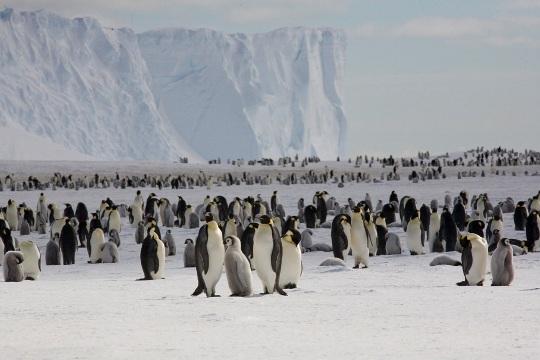
Researchers have estimated the total number of Emperor Penguins in Antarctica using satellite images.
A group of 19th century scientists mapped the world’s tides, making the oceans safer for seafaring.
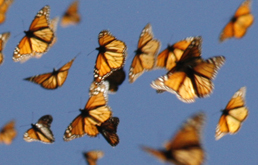
BEHAVIOR, ECOLOGY & ENVIRONMENT - why dirty laundry could be damaging the environment, how to make wine growing compatible with wildlife, what the Monarch butterfly genome can tell us about their epic migrations, and how wasps see faces.
Drying polyester clothing in a machine may contribute to plastic pollution at sea.
Changes in chemical signaling among ocean bacteria may be impacting the global climate.
Scientists have created a secret fluorescent code by inserting jellyfish genes into E. coli bacteria.
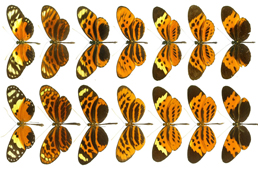
MARVELS OF EVOLUTION - A prehistoric pregnancy clears up a Mesozoic mystery. The economics of plant-fungi cooperation. How to get six butterflies in one. Counting up the species on earth. And how your stress could be bad news for your mate if you're a finch.
Dolphins heal remarkably well after massive shark bites, and scientists want to know how they do it.
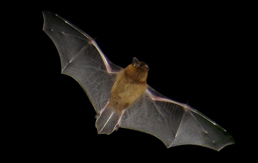
NOISE & NAVIGATION: Bats maneuver in the dark with the help of microscopic wing hairs, researchers expose a dolphin's secret sonar, killer whale ears inspire better microphones, and how a tiny bug with a big sound has eluded biologists for centuries. Also: Do humans have an internal compass?
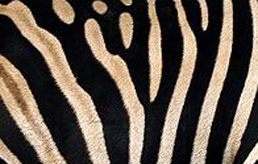
Cultural revolutions in humpback whale songs, a barcode scanner for zebra stripes, a prehistoric toothache, and changing skull sizes in the Iberian Peninsula.
ANIMAL STORIES: An Australian bird benefits when its predator sings, what happens when bees get sleepy, the invasion of the giant fish, eating insects to slow global warming, and a female pterodactyl fossil is discovered in China.
Scientists are using DNA to track the invasion of Asian carp in the United States.
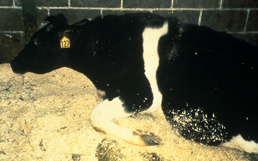
ANIMALS: How dolphins breathe, sea snails that hide their gender, the genetics and epigenetics of ant colonies, and looking mad-cow disease in the eye.
